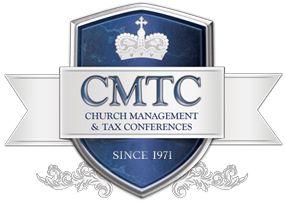Just Because the Pastor Did Not Take A Salary Does Not Mean He or She Will Not Be Taxed on One10/18/2016
There are thousands of pages of Internal Revenue Service regulations that pertain to Churches. I do not know of any Church Treasurer that is aware of everything written in the statutes that apply to their tax exempt status. Most Church Clerks do not know one law that compiles Church tax law, much less all 277. Buried in those thousands of pages is a clause known as Treasury Regulation CFR 1.451-2(a) which is known as Constructive Receipt of Income. This regulation allows the IRS to tax income, even if it was not received by a Pastor.
|
Archives
September 2020
Categories |

 RSS Feed
RSS Feed



